CLICK TO HEAR JACK HALL’S INTERVIEW WITH KEITH MURPHY, MICHIGAN DNR
Audio PlayerWildland firefighters battled many fires over the weekend, including the 100-plus acre fire in the federally managed McCormick Wilderness in Baraga County, which is part of the Ottawa National Forest.
Fire danger is high to very high over much of the state and expected to stay that way, which means being careful when working and playing outside, said Keith Murphy, a Marquette-based fire specialist for the Michigan Department of Natural Resources.
“It’s amazing how dry it is for October,” Murphy said. “It is not usually like this at this time of year.”
Even rain forecast for later this week may not be enough to significantly lower the danger in the Upper Peninsula and the northern Lower Peninsula, he said.
The fire in the McCormick Wilderness, dubbed the Summit Lake Fire, is the largest fire currently burning, at 120 acres as of Monday afternoon. Murphy said the fire is currently on federal land but approaching land where the DNR would handle fire suppression.
A number of fires were sparked by recent lightning strikes. Those fires can sometimes smolder for days in remote locations before becoming visible. Some of those locations are difficult to reach; Murphy said firefighters were hiking into a fire near Newberry and using a boat to get to a fire in Luce County.
Active fires are expected to continue through the week in the northern Lower Peninsula as well, said Jeff Vasher, a fire specialist based in Roscommon.
If you intend to burn leaves or yard debris, check online for a burn permit; in the southern Lower Peninsula, check with your local fire department or municipality to make sure conditions allow for safe burning.
“Please don’t burn until we get a good amount of moisture, until the weather changes,” Vasher said.
Vasher’s message for hunters, off-road vehicle riders and others who plan to enjoy the outdoors in coming days: Be careful.
Never leave any fire unattended, even for a moment. Whenever you have finished with your campfire, make sure to drench it with water, stir the ashes and drench again.
Here are additional fire safety tips:
- Whenever you burn anything, keep a hose or other water source nearby.
- Prevent sparks. Keep trailer chains from dragging and don’t park hot equipment on dry grass.
- Don’t burn plastic, hazardous materials, foam or other household trash. This can release dangerous chemicals into the air.
- Use a burn barrel with a screen on top to burn paper, leaves and natural materials.
- Get more fire safety tips at Michigan.gov/FireManagement.
DNR wildland firefighters have fought more than 250 fires covering nearly 1,200 acres so far in 2024.
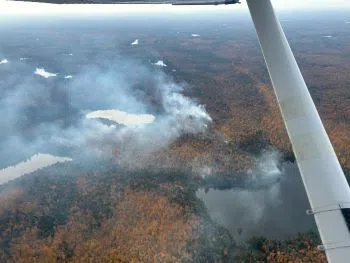












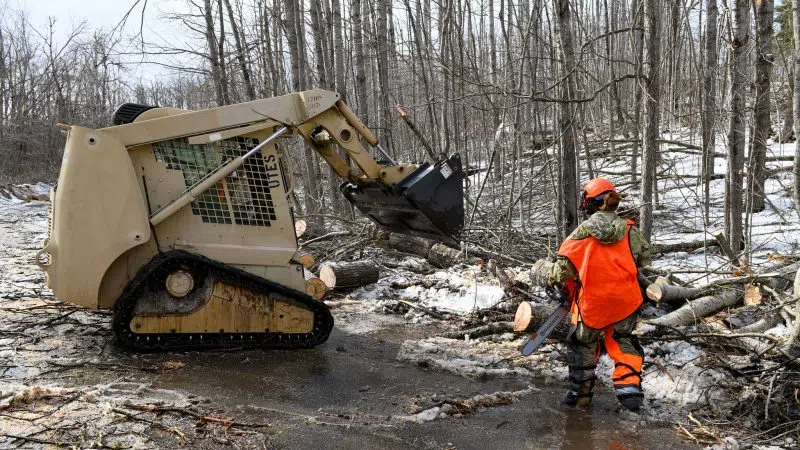
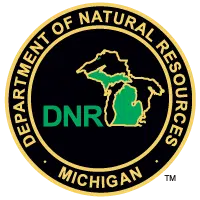

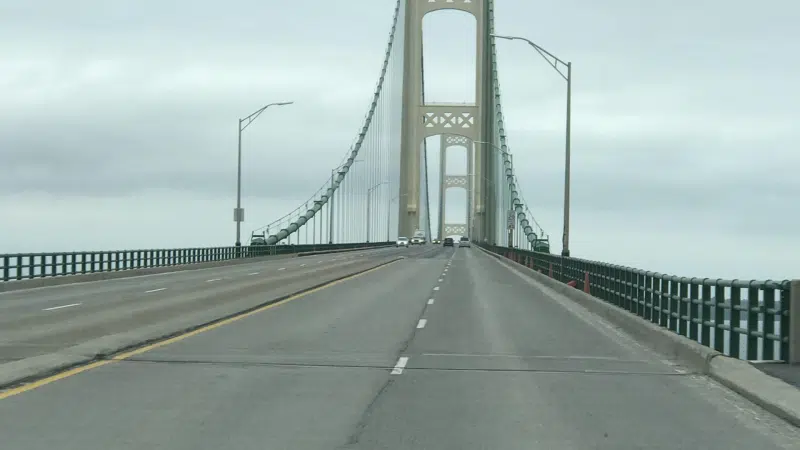


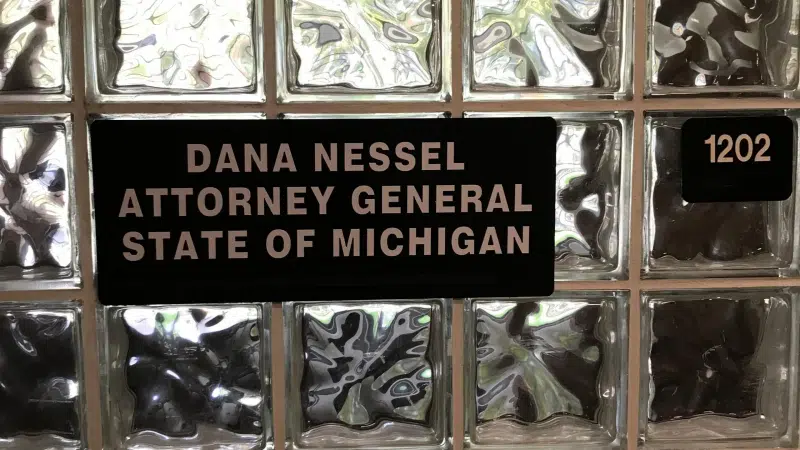
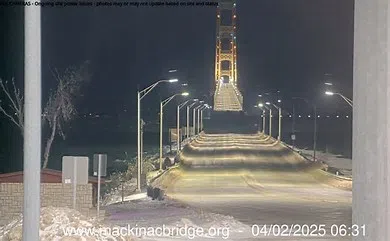
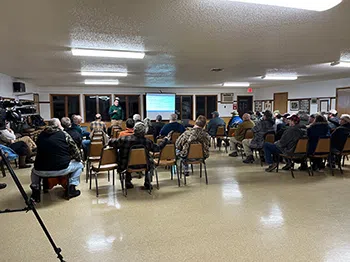



Comments